The Nursing Home Law Center is committed to providing the legal resources necessary to hold negligent facilities accountable.
Kentucky Nursing Home Abuse Lawyer

Licensed in Kentucky
Nursing home abuse is a deeply troubling issue that affects our society’s most vulnerable individuals. When families entrust the care of their loved ones to a nursing home, they expect a safe, supportive environment. Unfortunately, abuse and neglect still occur in many facilities, leading to severe physical, emotional, and financial harm to residents.
For victims and their families, seeking justice is crucial to holding those responsible accountable and preventing further abuse. This is where the help of a Kentucky nursing home abuse attorney becomes invaluable.
An experienced attorney can guide you through the legal process, ensuring you receive the compensation and support needed to protect your loved one’s rights and well-being. Legal intervention is often the most effective way to address systemic failures in care within Fayette County. If you suspect that a facility is prioritizing efficiency over resident safety, consulting with a Lexington Nursing Home Abuse Lawyer can provide the necessary oversight to investigate the center’s history and secure justice for your family member.
Why Hire Nursing Home Law Center
At Nursing Home Law Center, we are dedicated to securing justice and compensation for those affected by nursing home abuse. Our knowledgeable legal team has a strong history of handling these cases carefully, consistently securing substantial settlements and verdicts.
We leave no stone unturned in our investigations, ensuring that all forms of abuse, including medical costs, emotional suffering, and other damages, are thoroughly addressed. With our extensive experience in nursing home abuse claims, we precisely handle legal challenges, vigorously defending your rights. In high-density urban areas, facility management often struggles with maintaining adequate staffing ratios, which can lead to severe neglect. For families in the metropolitan area, a Louisville Nursing Home Abuse Lawyer from our firm will meticulously review employment records and internal logs to prove how understaffing contributed to your loved one’s injuries.
Throughout the process, we offer compassionate, clear guidance, ensuring you and your loved ones stay informed, supported, and confident at every stage.
Types of Cases Handled by Our Kentucky Nursing Home Abuse Lawyers
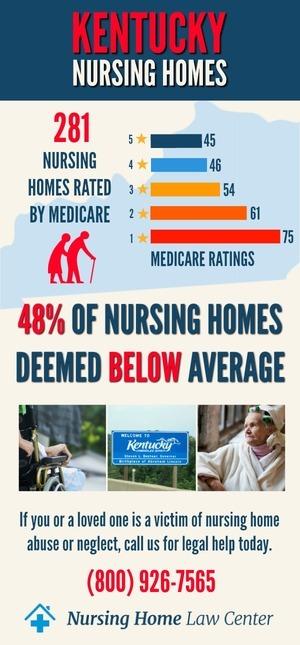
Elder abuse refers to any action or failure to act by staff or caregivers that causes harm to a nursing home patient. There are many forms of abuse, and each has the potential to cause severe injury or distress to the victim. Our Kentucky nursing home abuse attorneys handle a wide variety of cases, including:
Physical Abuse
Physical abuse involves the use of force against a nursing home resident, causing injury or pain. This can include hitting, pushing, or restraining a resident unnecessarily.
Mental and Emotional Abuse
Psychological abuse can include verbal threats, humiliation, or isolation of the resident. Emotional and mental abuse can be just as harmful as physical abuse, leading to severe mental anguish and distress in victims.
Sexual Abuse
Sexual abuse occurs when a nursing home patient is subjected to unwanted or non-consensual sexual contact. Vulnerable adults in nursing home facilities are especially susceptible to sexual assault by caregivers or even other residents. Sexual abuse is a grave violation of the resident’s dignity and can cause long-lasting emotional and physical damage.
Medical Malpractice
Medical malpractice includes nursing home staff members failing to provide appropriate medical care. This can involve errors in administering medication, the development of pressure ulcers (bedsores), or failure to monitor the resident’s health. Pressure injuries are almost always preventable with proper turning and hydration protocols. If your relative has developed advanced ulcers, our Louisville Nursing Home Bed Sore Attorneys can analyze medical records to determine if the nursing staff failed to follow a mandated skin care plan, which is a common form of medical negligence in local facilities. Such nursing home mistreatment can lead to severe and life-threatening conditions.
Negligence
Nursing home negligence occurs when staff members fail to provide necessities, such as food, water, and personal hygiene. Malnutrition, dehydration, and even elopement (when a resident wanders away from the facility) are common signs of neglect. If nursing home neglect occurs, it can seriously endanger the health and safety of the residents. Families in Warren County often rely on local facilities to provide high-quality long-term care, but neglect can hide behind seemingly professional operations. A Bowling Green Nursing Home Abuse Lawyer can help you identify subtle signs of malnutrition or dehydration that management might overlook, ensuring that the facility is held accountable for failing to meet basic standards.
Financial Abuse
Financial exploitation involves caregivers or nursing home employees taking advantage of a resident’s financial resources. This can include stealing money, forging signatures, or manipulating the elderly person into giving away personal assets.
Wrongful Death
Nursing homes have a legal obligation to provide a safe environment, and when they fail to do so, it can have fatal consequences. In such cases, families have the right to file a wrongful death claim.
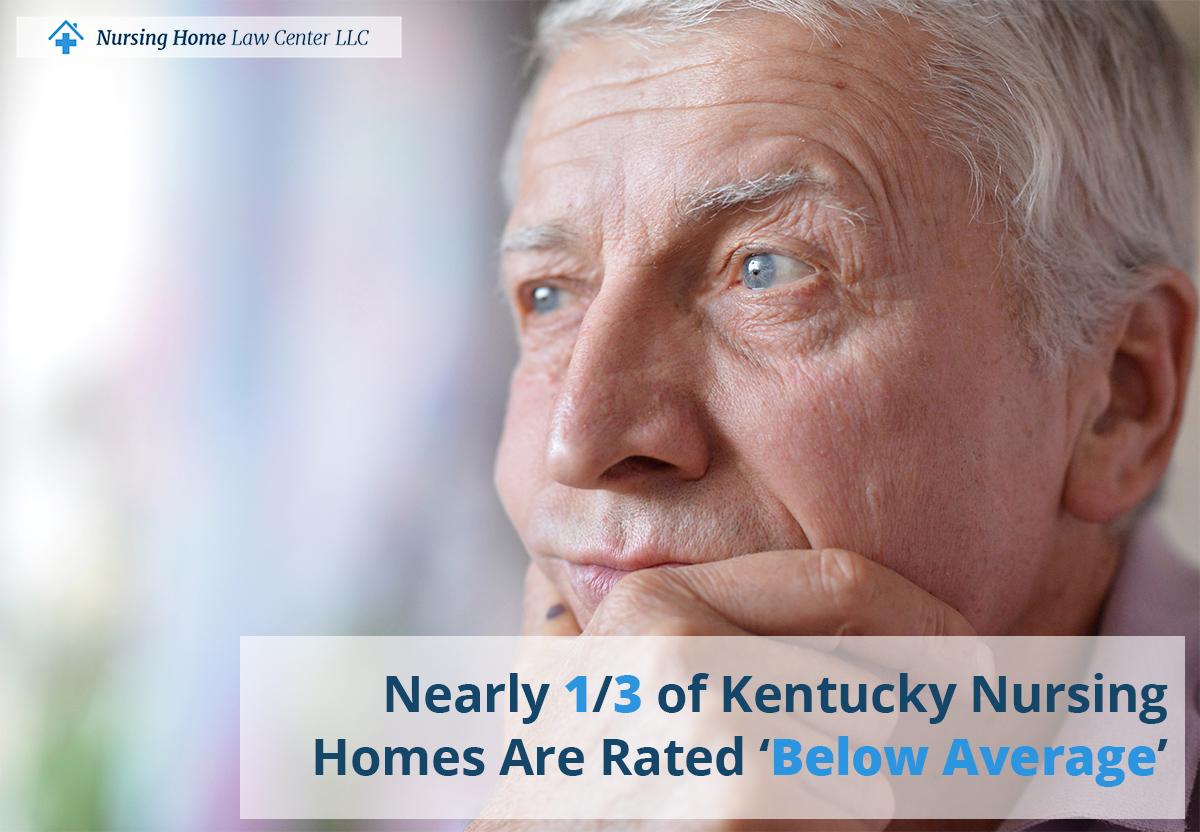
Understanding Your Legal Rights
Nursing home patients are protected under both federal and state laws designed to ensure they receive proper care and are free from abuse and neglect. One critical federal law is the Nursing Home Reform Act of 1987, which establishes the right of residents to be treated with dignity, receive quality care, and live in a safe environment.
Under Kentucky Revised Statutes (KRS) Chapter 216, nursing homes are required to meet specific standards of care. Facilities must provide adequate supervision, ensure proper medical treatment, and maintain a clean and safe environment.
Failure to comply with these regulations can result in fines, penalties, and legal action. Moreover, Kentucky law grants nursing home patients and their families the right to pursue civil claims against facilities and staff if they are victims of abuse or neglect.
Eligibility to File a Claim
Victims of nursing home neglect and abuse can take legal action if they are capable of doing so. In cases where the resident cannot act due to physical or mental impairments, a family member, legal guardian, or appointed representative can file the claim on their behalf.
Liability in Nursing Home Neglect and Abuse Cases
Elder abuse can involve more than just one perpetrator. Liability may fall on multiple parties, including:
- Nursing home staff who directly engage in abuse or neglect.
- Supervisors or management who fail to train or oversee their employees properly.
- The nursing home facility itself, if poor hiring practices or understaffing, contributed to the abuse.
- Medical professionals involved in the resident’s care who commit medical malpractice.
By holding the right parties accountable, you can seek justice and help prevent future abuse in Kentucky nursing homes. Identifying all liable entities is crucial when dealing with multi-facility corporations across Northern Kentucky. Our Covington Nursing Home Abuse Lawyer will work to uncover whether third-party contractors or corporate parent companies are responsible for the lack of resources that led to your loved one’s suffering.
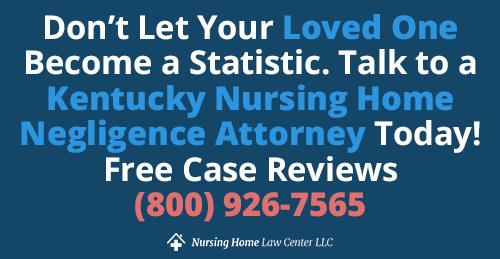
How Our Kentucky Nursing Home Abuse Attorneys Can Help
Our Kentucky nursing home abuse lawyers are dedicated to helping victims and their families get the justice they deserve. With years of experience handling nursing home abuse cases, we know how to navigate the legal system to secure client compensation. We offer the following services:
- Free Case Review: We’ll evaluate your case at no cost to determine the best legal action.
- Case Investigation: Our dedicated team will investigate the abuse or neglect to gather evidence that supports your claim.
- Filing the Claim: We’ll handle the paperwork and filings necessary to start your legal case.
- Settlement Negotiation: If possible, we’ll negotiate a settlement to get you the compensation you deserve without a lengthy trial.
- Trial if Needed: Our experienced Kentucky lawyers are prepared to take your case to court if a settlement can’t be reached.
Common Signs of Elder Abuse Among Kentucky Nursing Home Residents
There are 269 Medicare-approved nursing homes in Kentucky. Of these, 118 facilities (43.9%) have received a below- or much-below-average overall score.
Specifically, 108 nursing homes (40.1%) fall short in health inspections, highlighting concerns about regulatory compliance and safety standards.
Regarding staff levels, 134 facilities (49.8%) received low scores, highlighting widespread inadequacies in staffing that can affect the quality of care and attention residents receive.
Regarding quality measures, 114 nursing homes (42.4%) rated poorly, indicating that most nursing homes in the state are not meeting high standards of care.
Additionally, 21 facilities (7.8%) were cited for abuse, raising severe concerns about resident safety in nearly one-third of the state’s facilities. [1]
The worst-rated nursing homes in Kentucky include:
| Barbourville Health and Rehabilitation Center | Belmont Terrace Nursing and Rehabilitation Center |
| Berea Health and Rehabilitation | Bourbon Heights Nursing Home |
| Boyd Nursing and Rehabilitation | Carter Nursing and Rehabilitation |
| Chautauqua Health and Rehabilitation | Cherokee Park Rehabilitation |
| Clifton Heights | Colonial Nursing and Rehabilitation Center |
| Danville Centre for Health & Rehabilitation | Dover Nursing & Rehabilitation Center |
| Edgewood Estates | Elliott Nursing and Rehabilitation |
| Franklin-Simpson Nursing and Rehabilitation Center | Good Shepherd Health and Rehabilitation |
| Grand Haven Nursing Home | Grayson Nursing and Rehab Center |
| Hardinsburg Nursing and Rehabilitation Center | Highlands Nursing and Rehabilitation |
| Hillside Nursing and Rehabilitation Center | Home of the Innocents |
| Hopkins Nursing and Rehabilitation Center | Kensington Nursing and Rehabilitation Center |
| Kindred Hospital – Louisville | Klondike Nursing and Rehabilitation Center |
| Landmark of Bardstown Rehabilitation and Nursing | Landmark of Danville Rehabilitation and Nursing Center |
| Landmark of Iroquois Park Rehab and Nursing Center | Landmark of Lancaster Rehabilitation and Nursing Center |
| Landmark of Laurel Creek Rehabilitation and Nursing | Landmark of Louisville Rehabilitation and Nursing |
| Landmark of River City Rehabilitation and Nursing | Lexington Premier Nursing & Rehab, LLC |
| Liberty Care and Rehabilitation Center | Lyndon Crossing |
| Mayfair Manor | Mills Nursing & Rehabilitation |
| Mountain Manor of Paintsville | Mountain View Nursing and Rehabilitation Center |
| Nicholasville Nursing and Rehabilitation | Oakview Nursing & Rehabilitation Center |
| Owenton Healthcare and Rehabilitation | Princeton Nursing & Rehabilitation |
| Regency Nursing and Rehabilitation Center | Ridgeway Nursing & Rehabilitation Facility |
| Ridgewood Terrace Nursing Home | River Haven Nursing and Rehabilitation Center |
| Salyersville Nursing and Rehabilitation Center | Seneca Place |
| Signature Healthcare at Heritage Hall Rehab & Wellness Center | Signature Healthcare at Jefferson Manor Rehab & Wellness Center |
| Signature Healthcare at Summerfield Rehab & Wellness Center | Signature Healthcare of McCreary County Rehab & Wellness Center |
| Signature Healthcare of South Louisville | Somerset Nursing and Rehabilitation Facility |
| Spring Creek Post-Acute Rehabilitation Center | Stanford Crossing |
| Stonecreek Health and Rehabilitation | Sunrise Manor Nursing Home |
| Sycamore Heights Health and Rehabilitation | Twin Rivers Nursing and Rehabilitation Center |
| Valhalla Post Acute | West Liberty Nursing and Rehabilitation |
Recognizing the signs of elder neglect is crucial for protecting your loved ones. Common indicators include:
- Unexplained injuries such as bruises, cuts, or broken bones
- Sudden weight loss, malnutrition, or dehydration
- Poor hygiene, such as soiled clothes or unsanitary living conditions
- Emotional distress such as anxiety, fear, or depression
- Bedsores or other untreated medical issues
- Financial irregularities, including missing money or unauthorized transactions
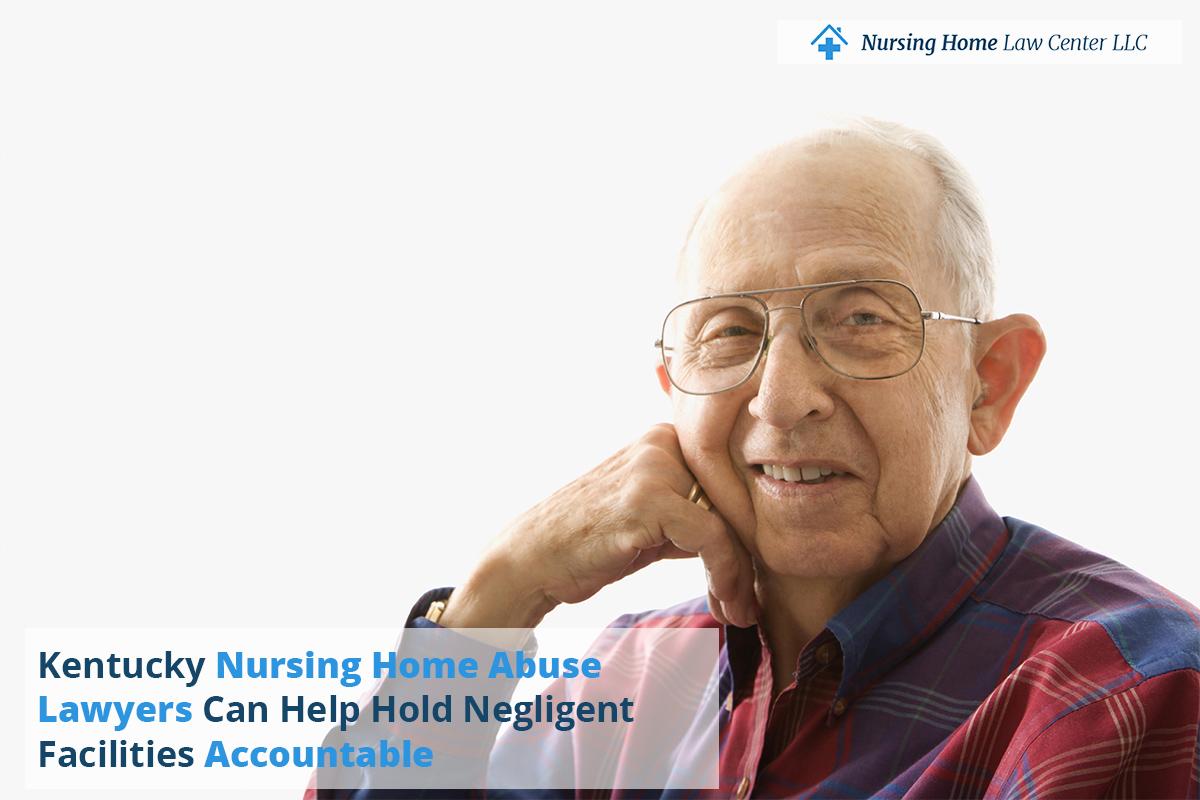
What to Do If You Suspect Nursing Home Abuse
If you suspect elder neglect, follow these steps to protect your loved one:
- Call 911 if there’s immediate danger to the resident
- Report nursing home abuse to the facility administrator or management
- File a complaint with your local Ombudsman’s office, which advocates for the rights of nursing home residents and investigates complaints of nursing home neglect and abuse
- Contact a Kentucky nursing home abuse lawyer to discuss your legal options
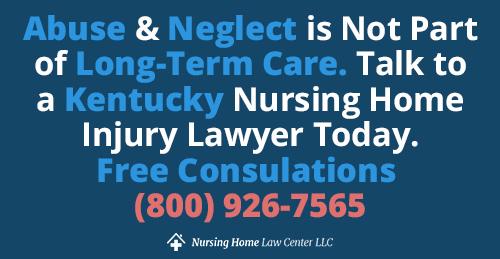
Damages You Can Recover Through a Nursing Home Abuse Claim
When filing a nursing home abuse claim, victims and their families may be entitled to recover various types of damages based on the extent of the abuse or neglect. These damages are meant to compensate for both financial losses and the emotional suffering caused by the abuse.
Economic Damages
Economic damages cover the direct financial costs associated with nursing home neglect and abuse. These may include:
- Medical Expenses: Costs for hospital visits, medications, surgeries, rehabilitation, and any other medical treatments required due to the abuse.
- Long-Term Care Costs: If the victim requires ongoing medical or psychological care as a result of the abuse, those expenses can be included.
- Lost Wages: In cases where the family member or guardian had to take time off work to care for the abused resident or handle legal matters.
- Funeral and Burial Costs: In wrongful death cases, families can seek compensation for funeral and burial expenses.
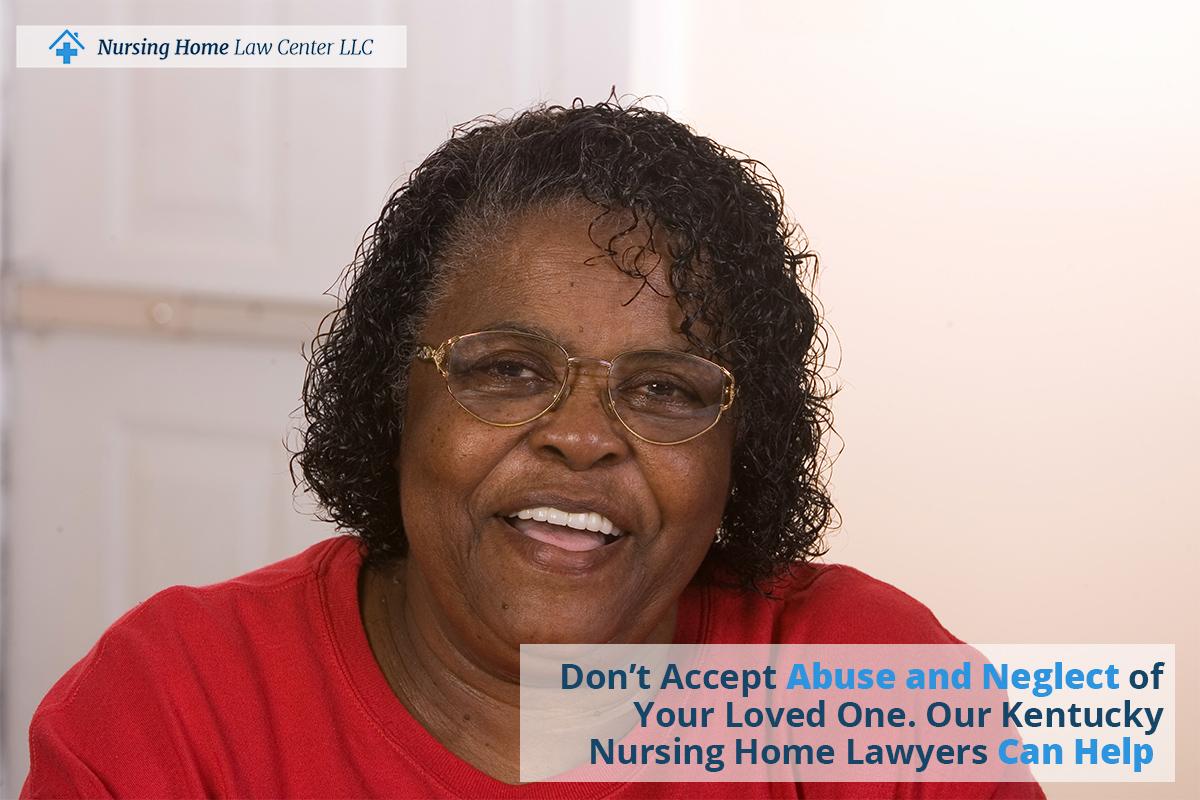
Non-Economic Damages
Non-economic damages are designed to compensate victims for the emotional and psychological toll caused by nursing home negligence. These may include:
- Pain and Suffering: Compensation for the physical and emotional pain experienced by the victim due to the abuse or neglect.
- Emotional Distress: This covers the psychological trauma endured by the resident, such as mental anguish, anxiety, and depression.
- Loss of Enjoyment of Life: If the abuse has permanently affected the victim’s ability to enjoy life, such as through reduced mobility or cognitive impairment.
Punitive Damages
The court may award punitive damages in cases where the abuse was particularly egregious. These are intended to punish the responsible parties, such as the healthcare facility or staff members, for their misconduct and to deter similar behavior.
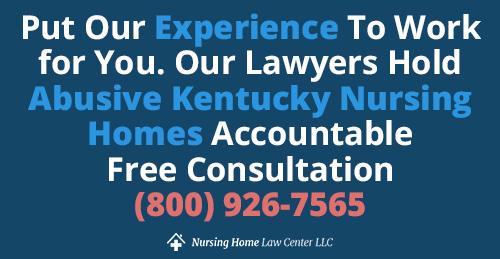
The Cost of Hiring a Kentucky Nursing Home Abuse Lawyer
At our law firm, we operate on a contingency fee basis. This means that you won’t have to pay any legal fees upfront. We only get paid if we win your case, ensuring you can pursue justice without financial stress.
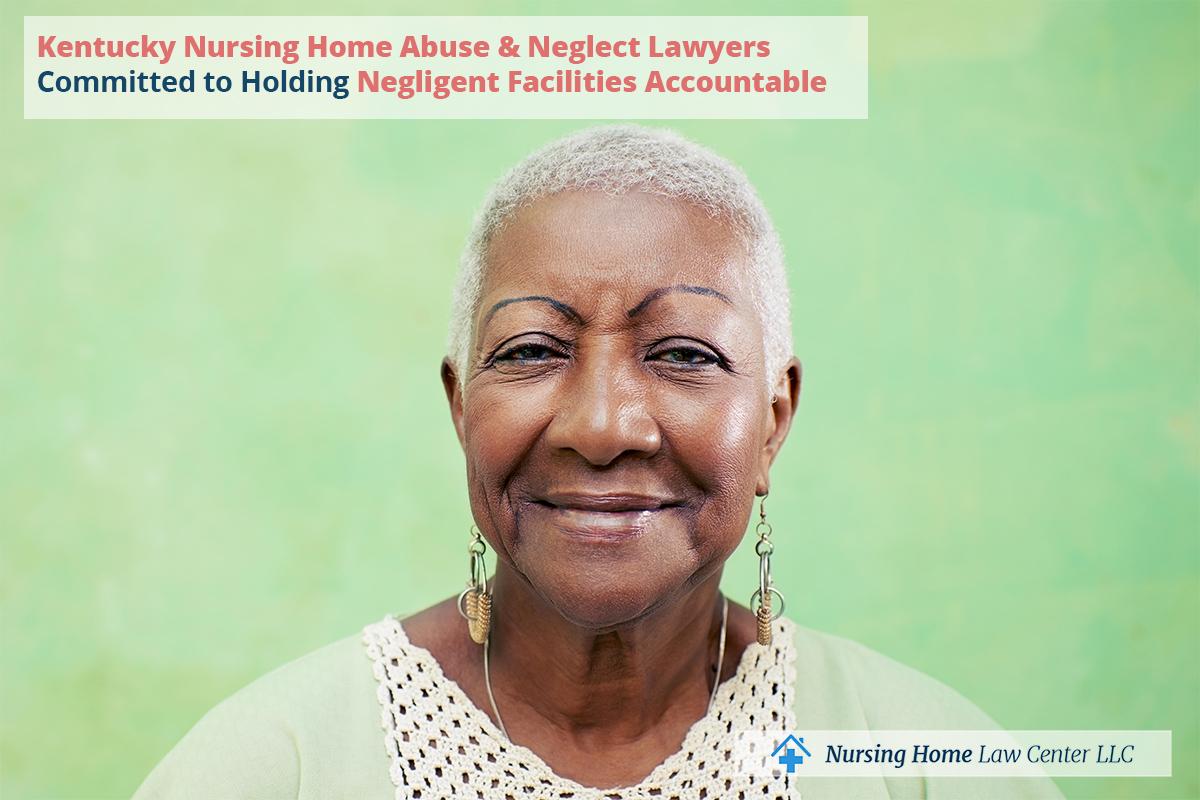
You Have Limited Time to Take Legal Action in Kentucky
Kentucky law places a strict statute of limitations on nursing home abuse claims, meaning you have a limited window of time to file a lawsuit. In most cases, you have just one year from the date the abuse occurred or was discovered. Act quickly and consult with a Kentucky nursing home abuse lawyer to ensure your case is filed on time. This one-year deadline is among the shortest in the country, making immediate legal consultation a necessity to preserve your right to recovery. If you are dealing with a potential claim in Daviess County or the surrounding Western Kentucky area, an Owensboro Nursing Home Abuse Lawyer can help you quickly gather necessary facility records and file the required paperwork before this strict legal window closes forever.
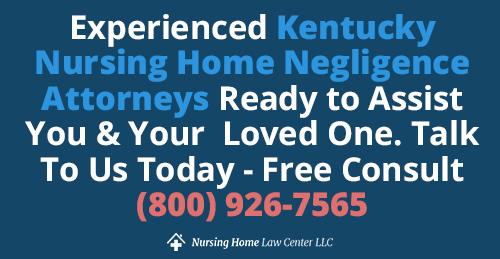
Contact a Kentucky Nursing Home Abuse Attorney Today!
If you or a loved one has been a victim of abuse or neglect in a Kentucky assisted living facility, don’t wait to seek legal help. Our experienced Kentucky lawyers at Nursing Home Law Center are here to provide the legal support and guidance you need. Contact us today for a free consultation, and let us help you pursue justice for the harm done.
Call us at (800) 926-7565 or fill out our contact form.
References: [1] CMS

